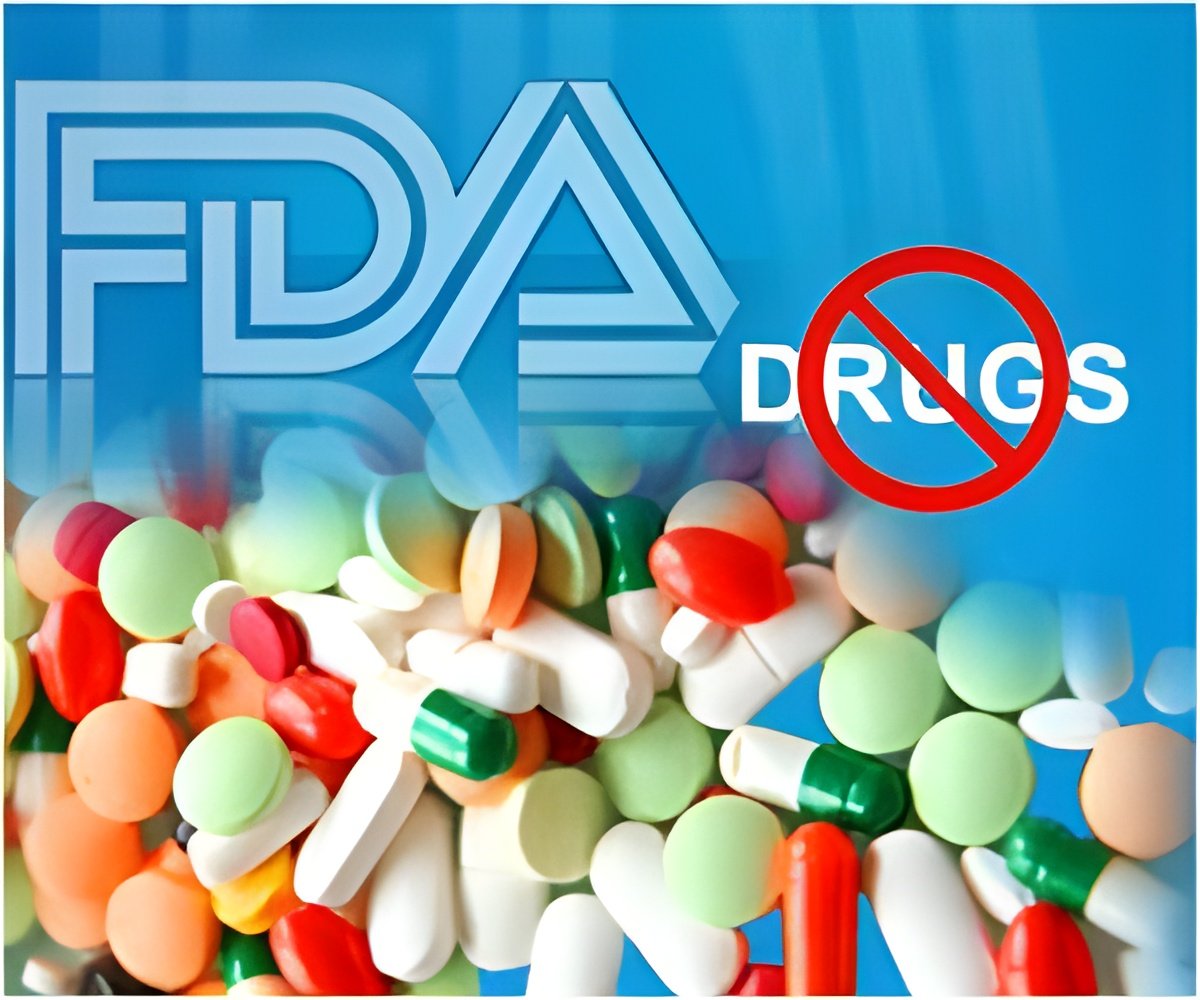A sensitive toxicity test invented at the University of Utah could make it possible to detect toxicity problems early in pharmaceutical development.

Mice exposed to the drug during development experienced multiple problems- males weighed less, had fewer offspring, dominated fewer territories and died at a higher rate; while females took longer to produce their first litters, had fewer pups and pups that were underweight. No reproductive side effects emerged until rodents took doses multiple times higher than those given to treat depression.
Lead author of the study biologist Shannon M. Gaukler said, "We are seeing effects at a dose that is close to human levels. And we are doing it exactly the way we need to determine if it presents a risk of harm to a developing fetus."
Owing to toxicity issues, about 1/3 of prescription drugs approved in the U.S. are withdrawn from the market or require added warning labels limiting their use. Detecting toxicity problems early in preclinical testing would not only protect patients from exposure to unsafe drugs, but also help pharmaceutical companies avoid wasting billions of dollars bringing drugs to market only to have them fail.
The study is published in ‘Neurotoxicology and Teratology’.
Source-Medindia












